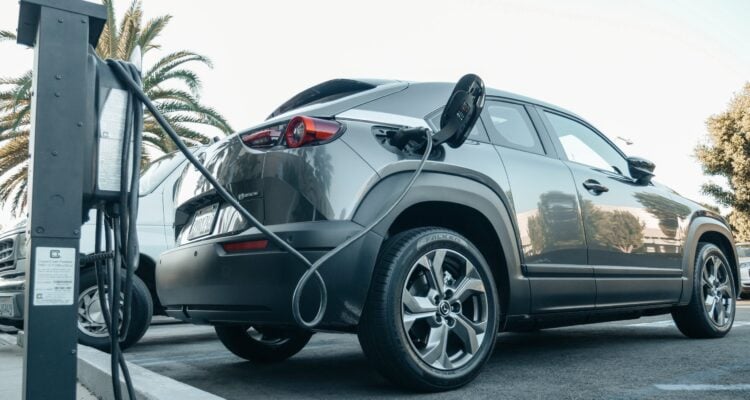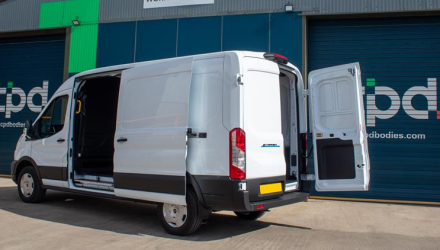The Labour government looks set to stick to its manifesto commitment to reinstate the 2030 phase-out for new petrol and diesel cars (Zero Emission Vehicles Mandate), according to a report last week in the Mail Online.
The move follows the former Conservative government’s decision to push the date back to 2035 coupled with increasingly stringent EV sales quotas on vehicle manufacturers.
Labour MP and former Shadow Roads Minister Bill Esterson told members of electric vehicle trade group Recharge UK that Labour would restore the 2030 date for the end of the sale of new petrol and diesel cars. The party’s election manifesto pledged to restore the 2030 ICE phase-out for cars, but not vans, in a move to speed up the transition to electric vehicles.
Concerns exist across the industry triggered by low resale values for electric cars which are now pushing Europe’s leasing industry to raise prices significantly. A report by Reuters shows that a combination of cuts in subsidies for new vehicles combined with falling used values is resulting in leasing price rates increasing significantly.
Used values for electric vehicles fell 30% below pre pandemic levels in July according to figures provided by Autovista. Although private used buyers are becoming more accepting of used EVs, they need to be offered at very attractive prices.
Losses are being incurred by daily rental businesses and increasingly by leasing companies when vehicles come to the end of contract. Some manufacturers have provided cash compensation to leasing companies for slumping EV sales according to industry insiders.
It is clear that the government needs to provide a range of support measures to assist the transition further although the ZEV mandate already in place mandates 80% EV production by 2030. And quite a few OEMs have declared that they will be fully electric before 2030 anyway.
More will need to be done to ensure that the 2030 deadline is a realistic target. Policy measures must include stepping up installation of charge points, cutting VAT for public charging and a commitment to 5% Benefit-in-Kind rates until 2035, which would increase confidence in the affordability of EVs.
The return of grant support to help UK firms install the necessary infrastructure to support the increase in the uptake of EVs is also required.
On top of this it is essential that used car buyers are supplied with electric vehicle battery health checks to give customer confidence when buying a used vehicle. Recent research by Startline Motor Finance showed that although 83% of people want to know how long a battery will take to charge, 82% also want verification on the amount of battery capacity that has been lost since new and 81% want to know how much capacity is likely to be lost in the future. The industry needs a standardised battery health check.
Author: Ian Hare 27/8/24






